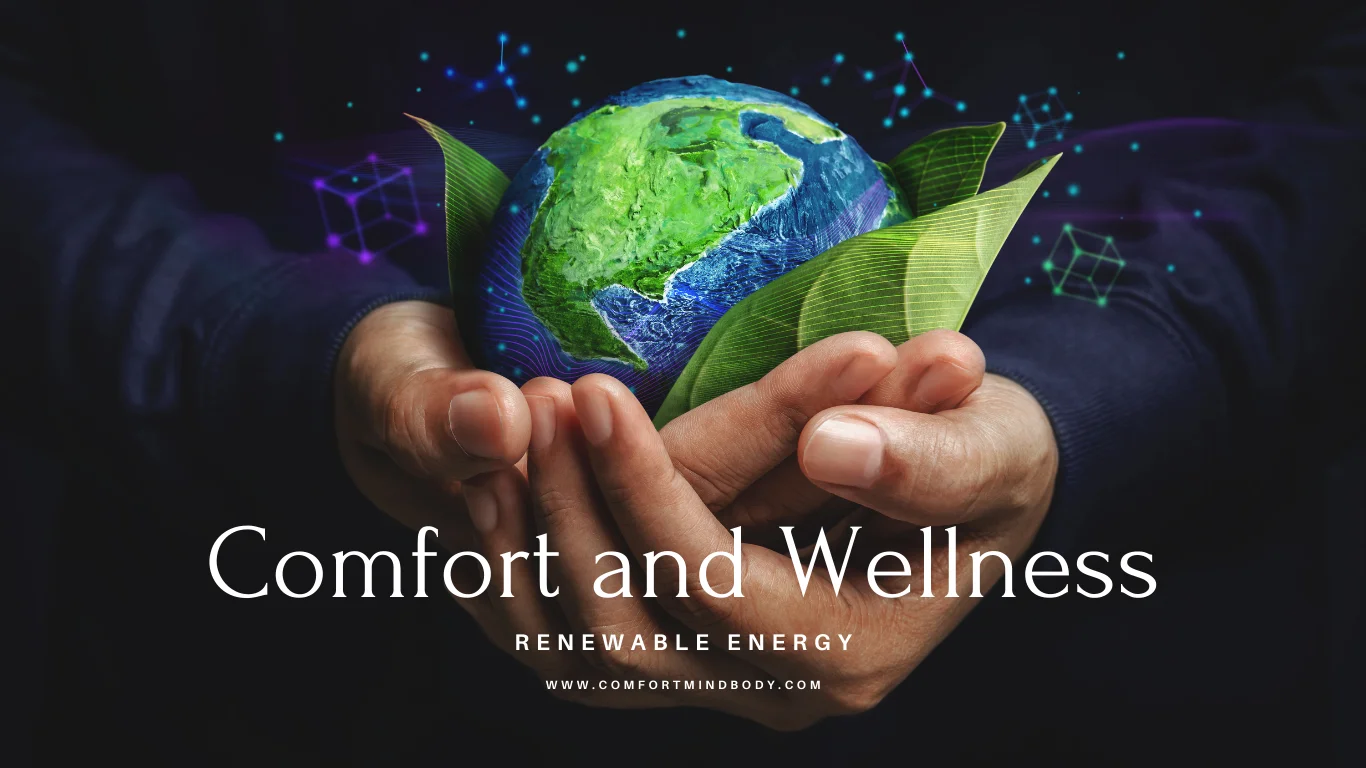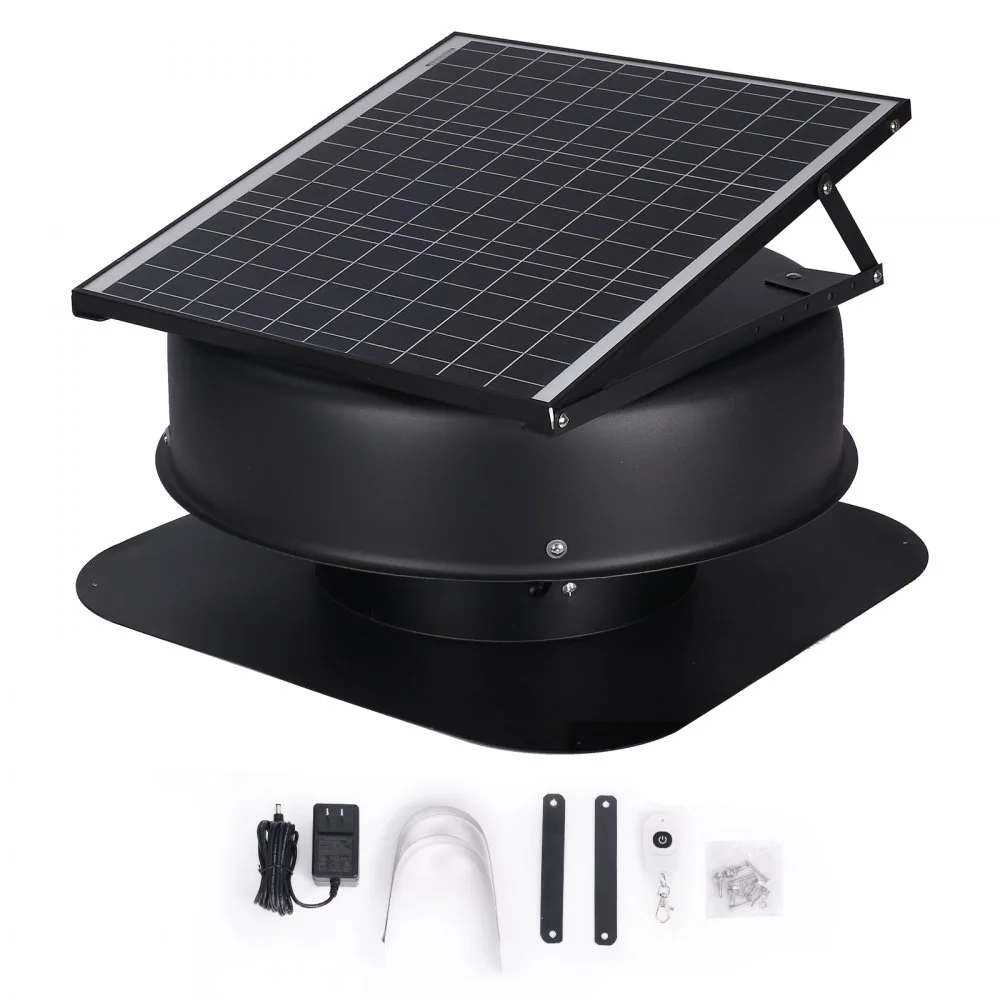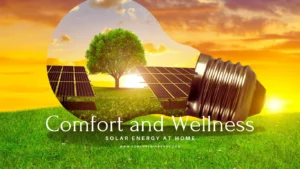Renewable Energy Promotes Safe
Renewable energy has become a buzzword in recent years, with more and more individuals, businesses, and governments taking steps to embrace it. But what is renewable energy and why is it so important? In simple terms, renewable energy refers to power generated from resources that can be replenished naturally and indefinitely, such as sunlight, wind, and water. These sources are not only sustainable but also have a minimal impact on the environment, making them a crucial component of efforts to combat climate change and ensure a sustainable future for our planet.
The transition to renewable energy sources is not just a matter of environmental responsibility; it also represents an opportunity for economic growth, job creation, and improved public health. As the world continues to grapple with the consequences of climate change, the development and adoption of renewable energy technologies have gained momentum, with countries around the world investing heavily in research, infrastructure, and policy reform. This article will explore the concept of renewable energy, its various types, and the role it plays in promoting sustainable development, as well as the companies and organizations leading the revolution.
Understanding the concept of energy and renewable resources
To better appreciate the significance of renewable energy, it is important to first understand what energy is and the role that renewable resources play in its generation. Energy, in its most basic form, is the capacity to do work or produce change. It exists in various forms, such as thermal, electrical, chemical, and mechanical energy, and can be converted from one form to another through various processes.
Renewable resources, on the other hand, are natural resources that can be replenished over time through natural processes. Examples of renewable resources include sunlight, wind, water, and biomass. These resources are in stark contrast to non-renewable resources, such as fossil fuels (coal, oil, and natural gas), which are finite in supply and take millions of years to form. The burning of fossil fuels for energy production has been the primary driver of climate change, resulting in increased greenhouse gas emissions, air pollution, and other environmental problems.
As the world seeks to address these challenges and transition to a more sustainable energy future, the importance of shifting to renewable energy sources cannot be overstated. By harnessing the power of renewable resources, we can produce energy without depleting our planet’s natural resources or contributing to climate change.
The importance of shifting to renewable energy sources
The shift to renewable energy sources is not only necessary for environmental reasons but also for economic and social ones. As the global population continues to grow and energy demand increases, it is becoming increasingly difficult to rely on finite, non-renewable resources for our energy needs. Moreover, the extraction, transportation, and burning of fossil fuels have numerous negative consequences, including air and water pollution, habitat destruction, and greenhouse gas emissions, which contribute to climate change.
By transitioning to renewable energy sources, we can reduce our dependence on fossil fuels, mitigate the impacts of climate change, and create a more sustainable future for our planet. Additionally, investing in renewable energy technologies can help stimulate economic growth and job creation, as well as improve public health by reducing harmful pollutants in the air.
MPPT Solar Powered: Is it getting hot in your attic? A 40W MPPT controller can fully utilize sunlight to extract hot air from your attic. Our solar attic fan greatly reduces your cooling costs and is compatible with both metal and masonry roofs.
Overview of various types:
There are several types of renewable energy sources, each with unique characteristics and potential applications. Some of the most common types of renewable energy include:
Solar energy
Solar energy is derived from sunlight and can be harnessed through photovoltaic (PV) panels or solar thermal systems. PV panels convert sunlight directly into electricity, while solar thermal systems use sunlight to heat water or air for use in homes or businesses. Solar energy is abundant, clean, and has the potential to meet a significant portion of our global energy needs.
Wind energy
Wind energy is generated by harnessing the power of the wind through wind turbines. These turbines convert the kinetic energy of the wind into mechanical energy, which is then used to generate electricity. Wind energy is a clean, abundant, and increasingly cost-competitive source of electricity, with the potential to play a major role in the world’s energy mix.
Hydropower
Hydropower is the generation of electricity from the movement of water, typically through the use of dams or other infrastructure. This renewable energy source has been in use for centuries and is currently the largest source of renewable electricity globally. While hydropower has some environmental impacts, such as the displacement of local communities and changes to river ecosystems, it remains a crucial component of many countries’ energy portfolios.
Biomass energy
Biomass energy refers to the use of organic materials, such as wood, agricultural waste, and other plant or animal-based materials, for energy production. Biomass can be burned directly for heat or electricity or converted into biofuels, such as ethanol or biodiesel. While biomass energy is renewable, its sustainability depends on responsible land use and management practices.
Geothermal energy
Geothermal energy is generated from the heat stored within the Earth’s crust. This heat can be harnessed through geothermal power plants, which use steam or hot water from underground reservoirs to generate electricity. Geothermal energy is a reliable, baseload power source with minimal environmental impacts.
Green Energy and its role in sustainable development
Green energy, another term for renewable energy, plays a critical role in sustainable development. Sustainable development is a concept that aims to balance economic growth, social equity, and environmental protection, ensuring that the needs of current generations are met without compromising the ability of future generations to meet their own needs.
Green energy contributes to sustainable development by reducing the environmental impacts of energy production, particularly in terms of greenhouse gas emissions and air pollution. By replacing fossil fuels with renewable energy sources, we can significantly reduce our carbon footprint and help mitigate the effects of climate change. Additionally, investing in green energy technologies can create jobs, stimulate economic growth, and improve public health by reducing exposure to harmful pollutants.
Alternative energy sources and their potential
Alternative energy sources refer to non-conventional energy sources that can help supplement or replace traditional fossil fuels. These sources include renewable energy technologies, as well as other innovative solutions such as nuclear power, hydrogen fuel cells, and energy storage systems. By exploring and investing in alternative energy sources, we can further diversify our energy mix, reduce our reliance on fossil fuels, and move towards a more sustainable and resilient energy future.
Nuclear power, for example, is a low-carbon energy source that can provide stable, baseload power, making it an attractive option for countries looking to reduce their greenhouse gas emissions. Hydrogen fuel cells, on the other hand, have the potential to revolutionize the transportation sector by providing a clean, efficient, and sustainable alternative to internal combustion engines. Energy storage technologies, such as batteries and pumped hydro storage, can help address the intermittency of renewable energy sources and ensure a reliable supply of electricity.
Advantages and benefits:
There are numerous advantages and benefits associated with the adoption of renewable energy, including:
Environmental benefits: Renewable energy sources produce little to no greenhouse gas emissions or other pollutants, helping to reduce air pollution and combat climate change.
Energy security: By diversifying our energy mix and reducing our reliance on imported fossil fuels, we can enhance our energy security and reduce our vulnerability to price fluctuations and geopolitical risks.
Job creation: The renewable energy sector has the potential to create millions of jobs worldwide, both in the manufacturing and installation of renewable energy technologies, as well as in research and development.
Economic growth: Investing in renewable energy infrastructure can stimulate economic growth and attract investment, particularly in rural and remote areas where renewable resources are often abundant.
Health benefits: By reducing air pollution, renewable energy can help improve public health, particularly in urban areas where air quality is often a concern.
Renewable energy companies leading the revolution
There are numerous renewable energy companies around the world, working tirelessly to develop, manufacture, and implement renewable energy technologies. Some of the best renewable energy companies include:
Vestas: A Danish company that is one of the largest wind turbine manufacturers in the world.
First Solar: An American company that specializes in the manufacturing of solar panels and the development of utility-scale solar power plants.
Siemens Gamesa: A Spanish-German company that is a leading manufacturer of wind turbines and a provider of wind energy solutions.
Orsted: A Danish company that is a globalleader in offshore wind development and the transition to green energy.
Tesla: An American company that is well-known for its electric cars, but also produces energy storage systems and solar panels.
These companies, and many others like them, are driving innovation in renewable energy and helping to accelerate the transition to a more sustainable energy future.
The Role of clean energy associations and Organizations
Clean energy associations and organizations play a crucial role in promoting renewable energy and supporting the growth of the sector. These organizations bring together industry players, policymakers, and other stakeholders to advocate for policies and regulations that support renewable energy, provide technical assistance and training, and facilitate knowledge sharing and collaboration.
Some of the most prominent clean energy organizations include:
International Renewable Energy Agency (IRENA): A global intergovernmental organization that promotes the adoption of renewable energy technologies and provides policy advice and technical assistance to countries around the world.
Renewable Energy Policy Network for the 21st Century (REN21): A multi-stakeholder network that works to advance renewable energy policy and market development at the global level.
American Council on Renewable Energy (ACORE): A non-profit organization that promotes the growth of renewable energy in the United States through policy advocacy, education, and networking.
Clean Energy Council: An Australian organization that represents the renewable energy and energy storage sectors and advocates for policies that support their growth.
These organizations, and many others like them, are instrumental in driving the transition to renewable energy and ensuring a sustainable energy future.

The format of the product is a video that shows all the steps of setting up the solar switch system. You can get various bonuses when you order a solar switch program today.
- Bonus#1 – Alternative electric source of energy for your homestead.
- Bonus#2 – How to build your energy stockpile.
- Bonus#3 – How to protect your homestead in case of an EMP.
Future prospects and innovations
The future of renewable energy is bright, with continued innovation and investment expected in the coming years. Some of the key trends and developments to watch for include:
Continued growth of solar and wind power: Solar and wind power are expected to continue to dominate the renewable energy landscape, with falling costs and improving technology making them increasingly competitive with traditional fossil fuels.
Energy storage: Energy storage technologies, such as batteries and pumped hydro storage, are expected to become increasingly important as the share of intermittent renewable energy sources grows.
Electric vehicles: The growth of electric vehicles is expected to drive demand for renewable energy, particularly solar power, as more EV owners seek to power their vehicles with clean energy.
Hydrogen fuel cells: Hydrogen fuel cells have the potential to revolutionize transportation and energy production, with ongoing research and development expected to drive down costs and improve efficiency.
Emerging technologies: Other emerging technologies, such as wave and tidal power, geothermal energy, and bioenergy, are expected to play a growing role in the renewable energy mix.
Conclusion:
Renewable energy represents a crucial component of efforts to combat climate change, promote sustainable development, and ensure a more resilient and equitable energy future. By harnessing the power of renewable resources, we can reduce our carbon footprint, create jobs, and improve public health, while also promoting economic growth and energy security.
As the world continues to grapple with the challenges of climate change and the need for sustainable development, the importance of renewable energy cannot be overstated. With continued innovation, investment, and policy support, renewable energy has the potential to revolutionize the way we produce, distribute, and consume energy, leaving a lasting positive impact on our planet and future generations.
Join the renewable energy revolution today! Whether you’re an individual, business, or policymaker, there are many ways to support and promote renewable energy in your community and beyond. Contact your local clean energy organization or renewable energy company to learn more about how you can get involved and make a difference. Together, we can build a more sustainable and equitable energy future for all.
Affiliate Disclosure:
The links contained in this product review may result in a small commission. This goes towards supporting our research and editorial team and please know we only recommend high-quality products.
Note: This article is for informational purposes only and is not intended to diagnose, treat, or cure any disease. Always consult a healthcare professional before taking any supplement or making any changes to your diet or lifestyle.










